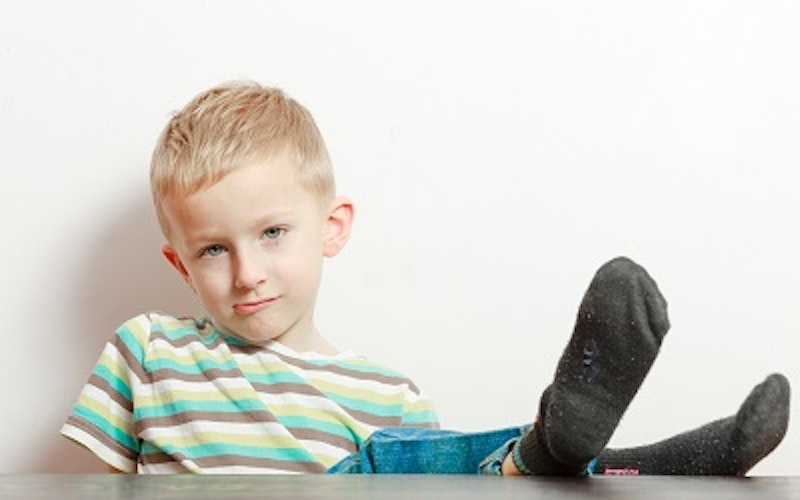
Culture At Large
Raising narcissists: what over-approving parents can learn from Philippians 2
A study released this week in the Proceedings of the National Academy of Sciences found a strong correlation between parental patterns and the development of narcissism in early adolescents. The study found that childhood narcissism “is cultivated by parental overvaluation: parents believing their child to be more special and more entitled than others.”
This is set in contrast to what the researchers call “parental warmth,” which is proper, healthy parental affection and appreciation. The latter does not largely result in strong narcissistic tendencies while the former does.
According to a summary at the Washington Post, researchers followed and surveyed 565 children, ages 7 through 11, and their parents. The importance of the study lies beyond simply curtailing self-obsession in an age when it is perhaps at its zenith, as the researchers also suggests links between narcissism and increased aggression and violence, as well as mental health disorders. In a self-obsessed, selfie culture, many find it difficult to see beyond themselves and embrace the value of others. As another recent study determined, online trolls - those who intentionally berate and inflame others - are marked by narcissistic, psychopathic and sadistic traits. While parental intentions may be to develop their child’s sense of self-worth, narcissism tends to bring out the worst in children.
The Washington Post article goes on to quote one of the narcissism study’s authors, Brad Bushman of Ohio State University. "I've been studying aggression for about 30 years," he said, "and I've seen that the most harmful belief that a person can have is that they're superior to others. 'Men are better than women, my race is better than your race, my religion is superior to your religion.' When people believe they're better than other people, they act accordingly."
Narcissism fails to view the self as a part of a larger narrative.
Our posture towards others matters, and parents have an important role to play in how that posture is developed. Parents develop a narrative of the world for their children. They help frame the way in which their child will view the universe and its inhabitants. When that story centers upon the self, children are set up for inevitable failure and disappointment. This is not to say, of course, that those harmful (though often well-intentioned) narratives cannot be changed, but the change is often difficult and painful.
At bottom, the fault in this narrative is the belief in the superiority of the self. In the Christian worldview, the intrinsic worth of each person is affirmed, since every human is a bearer of the image of God. Self-worth is very different, however, from a sense of superiority, which does not say “I am valued,” but rather “I am better than X.” This disposition fails to view the self as a part of a larger narrative. When we become the only important character in our story, we minimize the value of others.
In the Biblical story, God is the Hero instead of the self. The loving work of the Father, Son and Spirit drives the central story, which humans participate in when we walk in the loving ways of God. And it is not as though God is simply the ultimate narcissist and we are forced to be outliers in His story. Rather, God himself, in the person of the Son, modelled self-sacrifice, loving obedience and service of others. As Philippians 2 reminds us, Christ emptied Himself, became a servant and was obedient unto death. Paul admonishes the Philippian believers to have this same attitude. By entering into this story, demonstrating it to our children in our own lives and pointing them to it with our words, we can curtail narcissism and emphasize the value of others.
Topics: Culture At Large, Theology & The Church, The Bible, Theology, News & Politics, Social Trends, Home & Family, Parenting